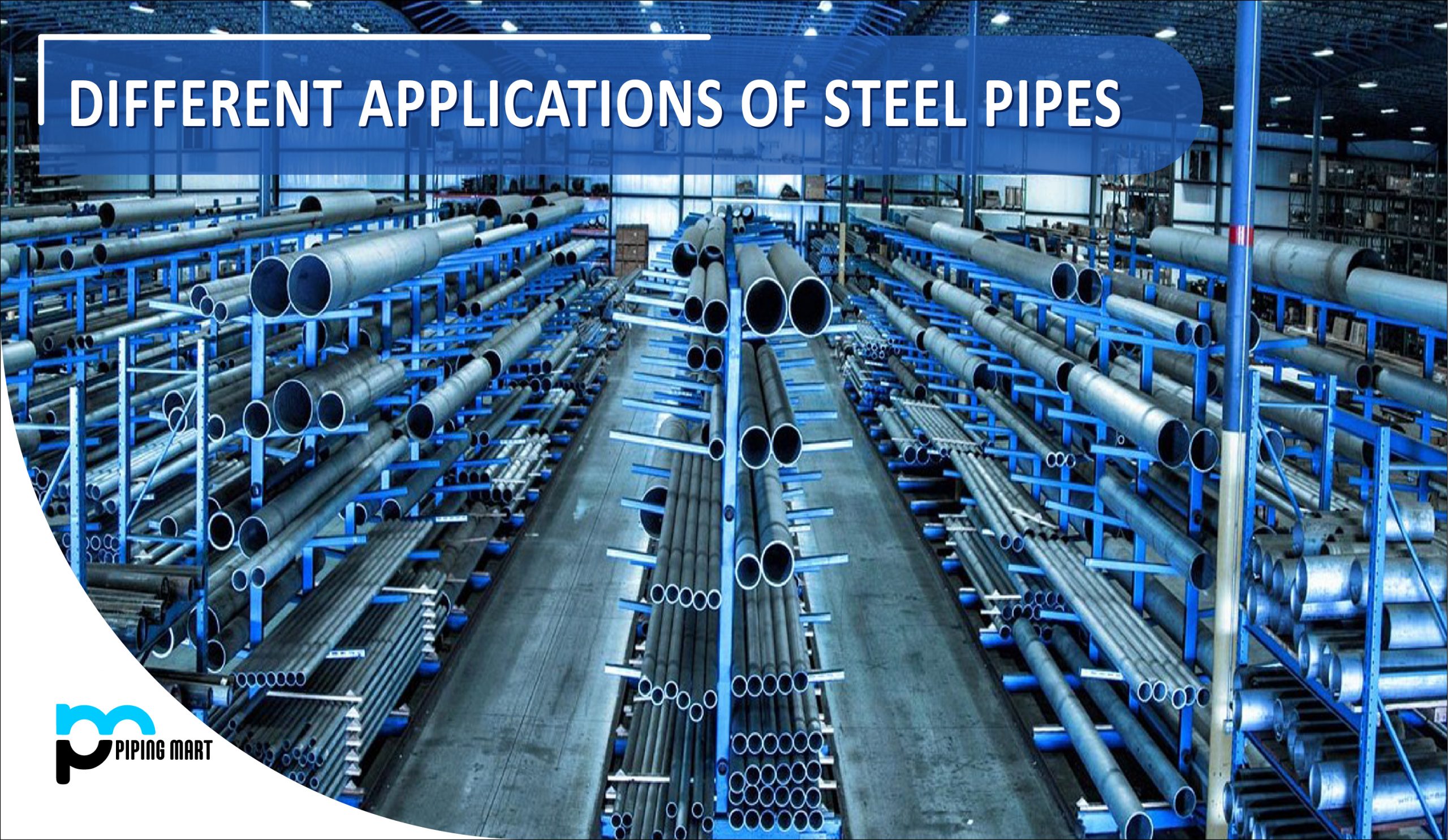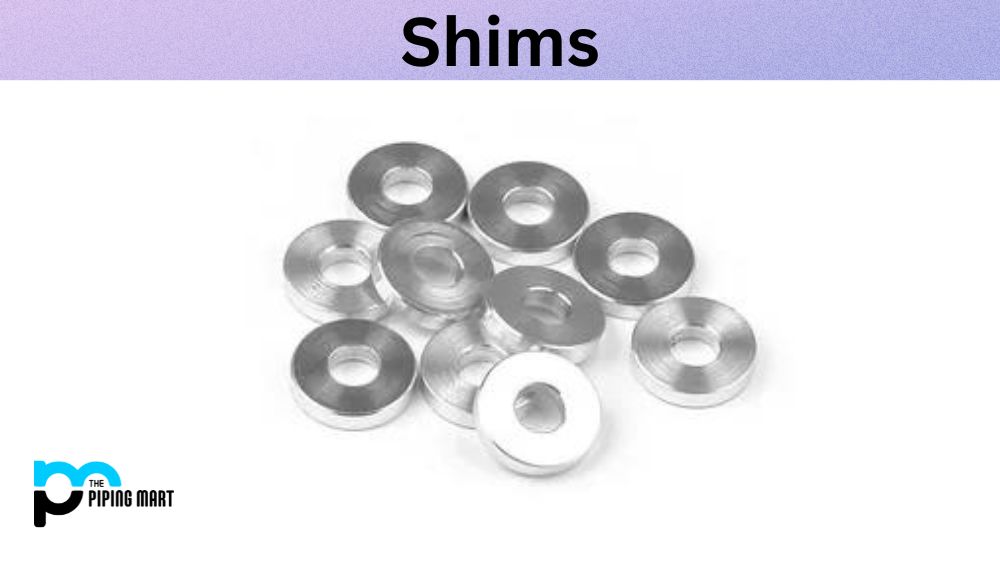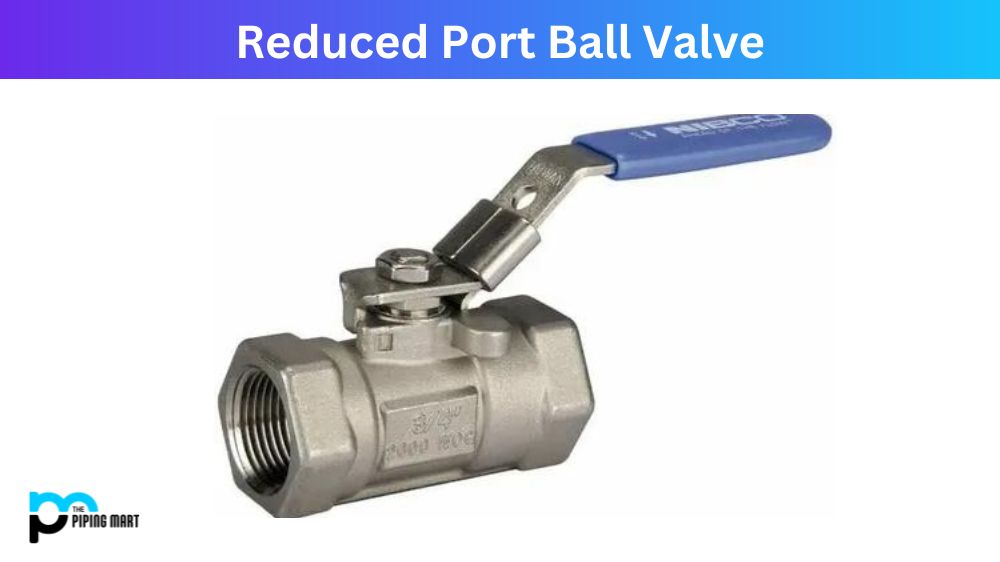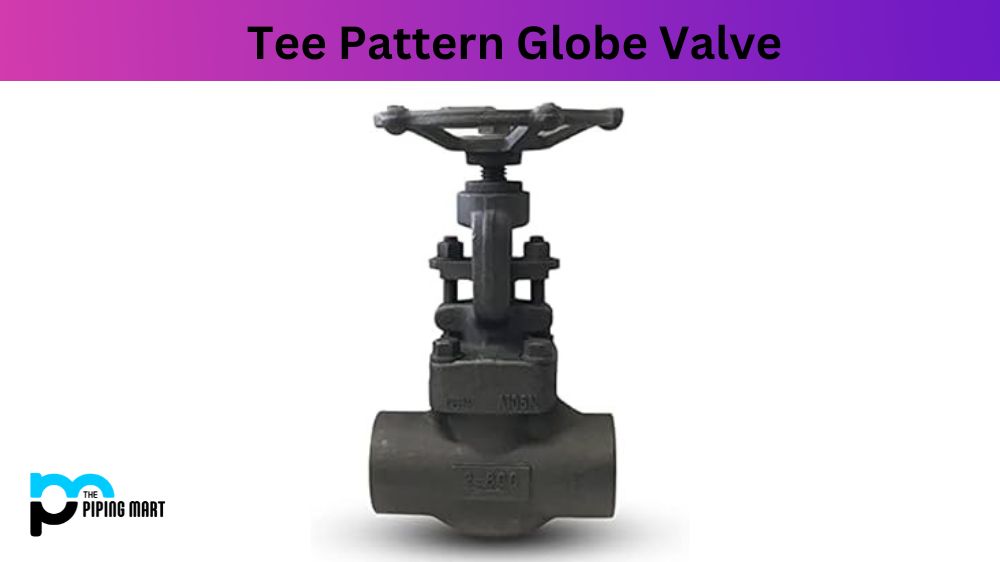Steel pipes have numerous wide applications that are not limited to the building industry. Because of its numerous striking qualities, it may also be found in a variety of sectors, including agricultural, petrochemical, and architecture.
Steel, being an alloy, is exceptionally durable, despite the hollow structure of steel pipes. They can endure high heat and pressure that may be caused by constant use. Steel pipe makers, for example, can use heat treatment methods to improve qualities such as tensile strength, machinability, and hardenability. This makes the product more suited for and able to endure more wear and tear than usual. Continue reading to find out more.
Applications of Steel Pipes
Automotive exhaust pipes
Steel pipes may be manufactured to fit into car exhaust systems. A vehicle’s exhaust function guarantees that the normal exchange of gases works throughout the combustion process. The car’s exhaust pipes are frequently exposed to severe heat levels; choosing steel pipes for this component reduces the chances of damaged tubing.
Steel pipes are durable, which means they can keep their shape and function for the car’s exhaust system. Other exhaust pipes can overheat and cause a burden on the car; steel pipes, on the other hand, do not. Instead, they increase the car’s performance and minimize the need for maintenance or part replacement.
Condenser tubes
Condenser tubes are commonly found in HVAC systems, pressure vessels, and turbines and are utilized for heat exchange. These components must be examined regularly to ensure that no leaks, cracks, or pitting occur. Steel pipes are another fantastic alternative for condenser tubing since they are very resistant to corrosion.
Pitting in pipes is nearly impossible to fix, which is why robust materials such as steel are frequently utilized. These issues are also difficult to identify and can lead to the failure of a whole condenser system. Steel pipes not only prevent this from happening, but they are also reasonably simple to install. Steel pipes may be securely handled and installed using the appropriate fittings if replacements on existing tubing are required.
Irrigation systems
Steel pipes are also widely used in agriculture, specifically in irrigation systems. Simply speaking, irrigation is a method of maintaining plant health. Irrigation is a significantly more convenient and automated technique of water transfer and distribution than manual ways of watering plants. Steel pipes, valves, fittings, filters, emitters, automation equipment, and other irrigation components are all used.
Steel pipes may simply be used as a vessel to transport the water that is constantly flowing in irrigation systems. They require limited maintenance due to their durability. Although steel piping in irrigation can be costly at first, it will ultimately pay for itself and provide cost-effective solutions. Anyone who uses steel pipes in this sort of system will save money on unnecessary and costly repairs.
Farm gates
Steel pipes may be formed and shaped for use as farm gates in the farming industry. They are significantly more durable than other materials and may be machined into various sizes to produce a safe enclosure that can house various farm animals such as carabao, pigs, goats, or chickens.
Although wood is a common material for farm gates, it may not be strong enough to hold its shape in harsh weather conditions such as heat and heavy rain. After all, wood panels must be stained and waterproofed regularly to keep the fibers from rotting. When steel pipes are utilized as farm gates, they do not face the same problems. They might be pre-engineered steel pipe frameworks or individual steel pipes that are powerfully welded together to make the enclosure. Finally, they provide a stable framework that will not easily deform in high-impact situations induced by movement
Residential gates
Steel pipes can be shaped into residential gates for any type of modern home, in addition to farm gates. Steel pipes not only provide functional but also decorative features that each homeowner may take advantage of.
Steel gates provide a high level of protection for any household. Hardened steel is exceptionally hard to deform and bend; any unwanted trespassers within a residential space would be deterred by the robust construction of steel gates.
Steel pipes can also be galvanized to improve their appearance and qualities. Galvanized steel pipes may give your gates a brighter and more exquisite finish that you won’t find in other types of structures.
Electrical conduits
Electrical conduits are primarily utilized in electrical systems to protect and reroute cables. Although conduits can be composed of PVC, plastic, or fibers, metal is also commonly used.
Steel pipes used as conduits are commonly known as robust metal conduits. Instead of using stainless steel entirely, these conduits have been galvanized to give a corrosion-resistant finish. RMC can be purchased in a variety of lengths based on the length of wiring to be enclosed. Steel RMC provides excellent protection against electrical wires and other types of defective wiring.

Pipingmart is B2B portal specializes in industrial, metal and piping products. Also, share latest information and news related to products, materials and different types grades to help business dealing in this industry.




